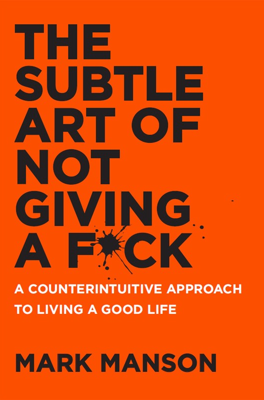The Value of Suffering
The Value of Suffering Through Purposeful Struggle
In 1944, during World War II, Second Lieutenant Hiroo Onoda was deployed to the Philippines with orders to disrupt enemy activities at all costs and never surrender. Even after Japan surrendered in 1945 following the atomic bombings, Onoda, uninformed of the war's end, continued guerilla activities from the jungle. Leaflets, letters from family, and even a personal note from the emperor were dismissed by Onoda as enemy tricks. It was not until 1974, nearly 30 years later, that Onoda ceased fighting when his former commander personally issued the order.
Onoda's prolonged battle, based on a deep-seated sense of duty, underlines the theme of finding value in suffering. The chapter explores the psychological and cultural implications of Onoda's and others' choices to endure hardship for what they believe to be a higher purpose.
Parallel to Onoda’s story is Norio Suzuki, a young Japanese adventurer, who set out in the 1970s to find Onoda as part of a personal quest that also included searching for a panda and the Abominable Snowman. Suzuki's quirky journey led him directly to Onoda in just four days, largely because he believed firmly in the meaningfulness of his pursuits. Suzuki's and Onoda’s interactions reflect a shared concept: suffering is more bearable, and possibly even enjoyable, when it is chosen and believed to serve a greater cause.
The narrative poses a profound question: “Why am I suffering—for what purpose?” This question forces a deep introspective look at personal values and the meaning behind one's suffering. Both men chose their paths of suffering—Onoda for loyalty to an outdated ideal, and Suzuki for the thrill of adventure and discovery. Although from an external viewpoint their sufferings might appear senseless or wasted, both viewed their experiences as meaningful and fulfilling.
After returning to Japan, Onoda experienced a cultural shock with modern Japan’s shift from traditional values of honor and sacrifice, which he cherished, to a more capitalist and consumer-driven society. His wartime sufferings suddenly seemed pointless in this new context, leading him to relocate to Brazil for a simpler life where he felt his ideals still held some relevance.
This chapter underscores a critical perspective on modern existential crises: suffering driven by misguided or obsolete values can lead to a realization of wasted effort and a profound personal void. Comparatively, suffering chosen under clear, personally meaningful values—even if extreme—can contribute positively to one’s sense of identity and purpose.
These real-life stories encourage a reflection on our choices of suffering and challenge the reader to discern the deeper reasons behind their personal struggles, aiming to ensure that the inevitable suffering life brings forth is both purposeful and fulfilling.
